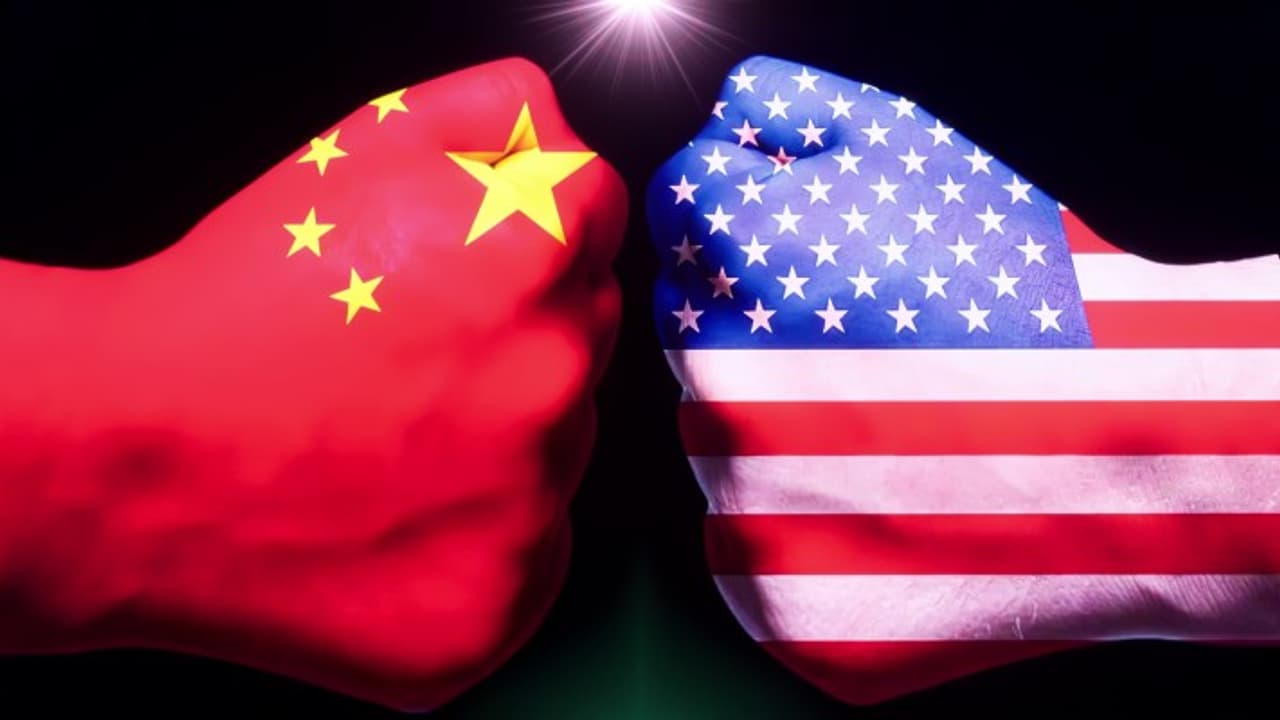The US has reportedly imposed a blanket ban on romantic and sexual relationships between its personnel in China and Chinese citizens, citing espionage concerns.
The United States Government has reportedly imposed a blanket ban on romantic and sexual relationships between its personnel stationed in China and Chinese citizens. According to an Associated Press report, the policy, implemented in January by then-US Ambassador Nicholas Burns, applies to diplomats, family members, contractors with security clearances, and other personnel stationed across China.

The report stated that the directive was quietly enforced shortly before Burns left China.
A Cold War-era measure resurfaces
While individual US agencies have long maintained strict guidelines on such relationships, a complete “non-fraternisation” rule has not been made public since the Cold War. Typically, American diplomats are allowed to date, and in some cases marry, locals in their host countries.
Previously, a more limited version of the policy had been enacted in the summer of 2024, which barred relationships between US personnel and Chinese citizens working as embassy guards and support staff. But Burns reportedly expanded this to a blanket ban in January, just days before President Donald Trump took office. The AP report did not elaborate on the exact definitions used for “romantic or sexual relationship” under the policy.
Also read: Pentagon watchdog to probe Pete Hegseth over leaked Signal chat on Yemen war plan
Congressional pressure sparked policy shift
As per the AP report quoting sources, discussions around a broader ban began in mid-2024 after members of Congress raised concerns with Ambassador Burns. The new policy is said to be applicable to all US missions in mainland China, including the embassy in Beijing and consulates in Guangzhou, Shanghai, Shenyang, and Wuhan, as well as the American consulate in Hong Kong. It does not apply to US personnel based outside of China, as per the report.
Exceptions and enforcement measures
“The only exception to the policy is US personnel with pre-existing relations with Chinese citizens; they can apply for exemptions. If the exemption is denied, they must end the relationship or leave their position,” sources familiar with the matter were quoted as saying in the report. Violators will be ordered to leave China immediately.
The policy is said to have been conveyed verbally and electronically to US staff in China in January but has not been officially announced to the public.
Security concerns drive policy
Intelligence experts say the move reflects growing concerns over espionage threats from China. “The MSS is willing to leverage any human connection that a target has to collect intelligence,” said Peter Mattis, a former CIA analyst and president of the Jamestown Foundation. “This rule change suggests the MSS has gotten a lot more aggressive at trying to access the embassy and US Government.”
US personnel stationed in China are briefed on the risks of “honeypots”—a term for using attractive individuals to seduce and gather intelligence—and told that dozens of agents may monitor a single high-interest diplomat.
Historic parallels and intelligence precedents
This isn’t the first time the US has imposed such restrictions. Declassified documents from 1987 show a similar ban was enacted following an incident where a US Marine in Moscow was seduced by a Soviet spy. These rules were relaxed after the Soviet Union’s collapse in 1991.
Until January’s new directive, American personnel in China only needed to report close personal relationships with Chinese citizens, but were not barred from engaging in them.
China also maintains tight controls over the romantic and personal relationships of its officials abroad. In recent years, it has enforced rules that bar promotions for civil servants whose spouses acquire foreign citizenship and require diplomatic staff to rotate regularly.
China’s Foreign Ministry said only that it was “more appropriate to ask the US about this question,” when asked for comment.
According to Chinese law and government policies, sexual or romantic relationships between Chinese officials and foreign citizens are strictly prohibited. Military and police personnel are also largely restricted from international travel without prior approval.
